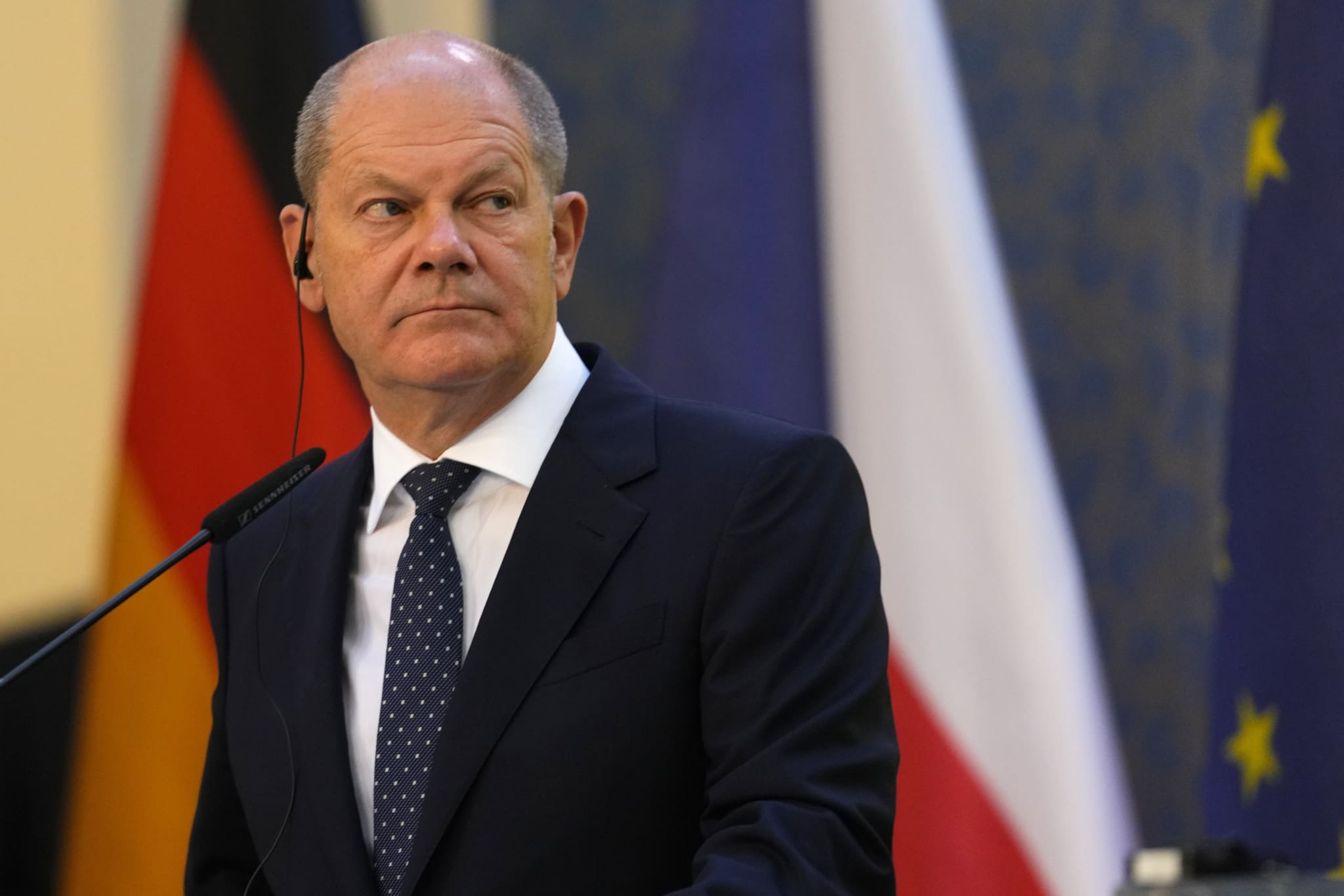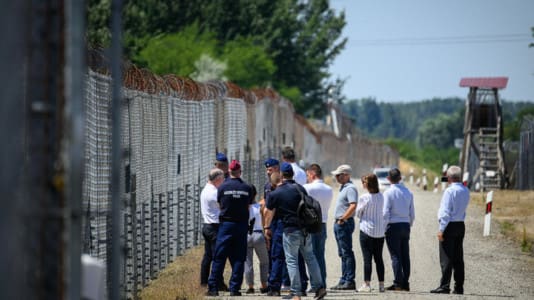Enlargement in return for deepening seems to have been the simple formula applied by the German Chancellor Olaf Scholz in his address on the future of the EU made in Prague.
The Czechs hold the EU presidency for the second half of this year. The country is divided between EuroAtlanticists led by Prime Minister Petr Fiala, who was conspicuously absent from Scholz’s speech, and advocates of closer cooperation with Germany, and supporters of Czech isolationism who want an end to sanctions against Russia because the war in Ukraine is causing economic distress.
The enlargement in return for deepening is in essence a return to Berlin’s strategy from the 1990s. That strategy opened up markets for the German economy in Central and Eastern Europe and led to changes in EU treaties that gave Germany more clout inside the EU. This is why Berlin wants to repeat this successful maneuver.
But it may not work this time around. Germany, like France, wants to delay Ukrainian accession for as long as possible. This allows them to leverage change in the EU as well as access to the Ukrainian economy, but the EU has never attempted enlargement with a country at war, so this accession process will be different from that of the 1990s. Moreover, such an enlargement would change both the security and economic balance between Western and Central Europe.
As a result of the war in Ukraine, Europe is once more strictly tied to strategic objectives of U.S. foreign and defense policy. This is why Ukrainian membership of the EU is not only a matter for Brussels, but also for Washington.






